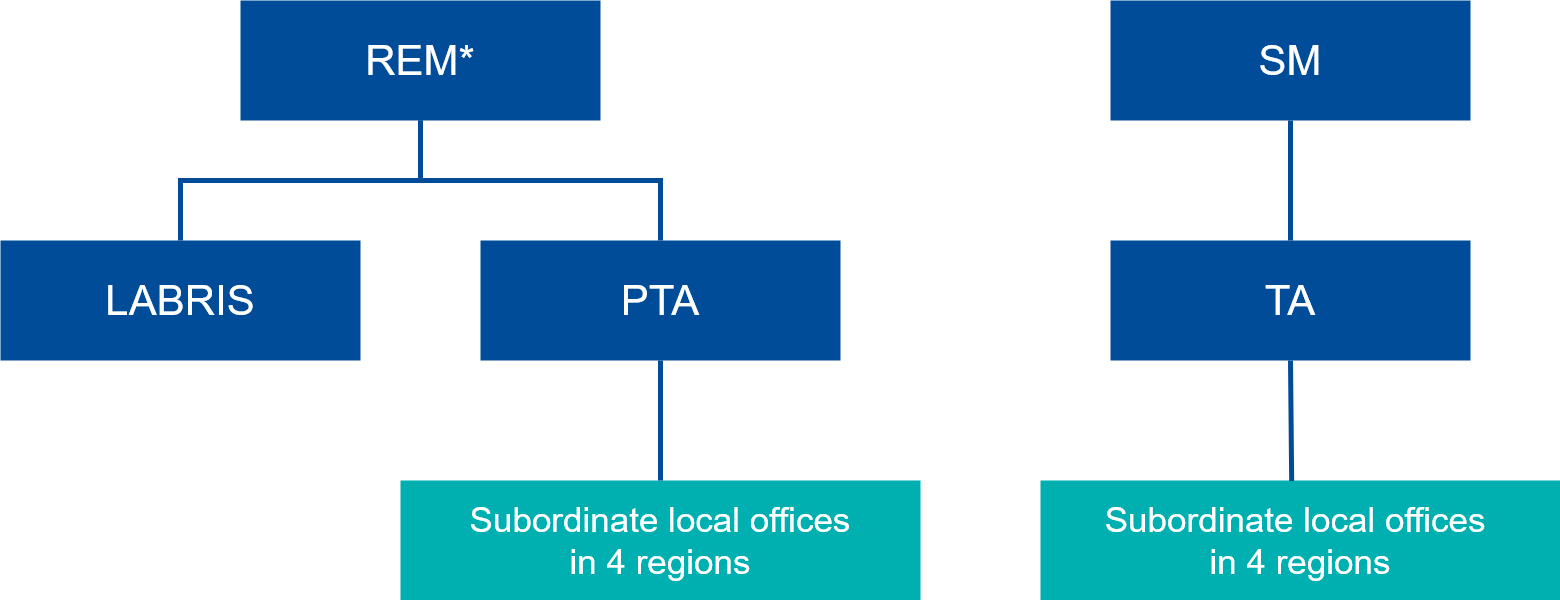Last updated on 2026-02-11
Ministry of Regional Affairs and Agriculture
https://www.agri.ee/en Tallinn
- Risk communication
- Risk management
- Regulatory service
- Codex contact point
- EFSA Focal Point
- Agricultural policy and food safety
The Ministry of Regional Affairs and Agriculture (REM) deals with agricultural policy in Estonia and, more particularly, with food and feed safety. The REM prepares draft legislation in the field of food and feed and coordinates the performance of state tasks. The Agriculture and Food Board (PTA) facilitates the work of the REM within its remit as the competent authority and executive body. PTA is responsible for official food and feed control and the control of use of plant protection products. With regard to questions on genetically modified organisms (GMOs), REM collaborates closely with the Ministry of Climate (KLIM).
The National Reference Laboratories attached to the REM in accordance with Regulation (EU) 2017/625 are the National Centre for Laboratory Research and Risk Assessment (LABRIS) and the Centre of Estonian Rural Research and Knowledge (METK). The area of work of the REM extends beyond food and feed safety to include, for instance, plant health, animal health and animal welfare.

